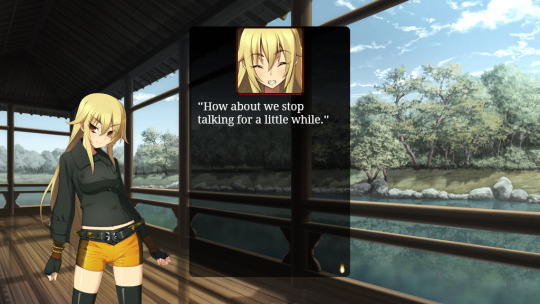phruxx
52K posts
Fish noises and the soft patter of paper bills raining down
Don't wanna be here? Send us removal request.
Text
did i tell u guys i got into an argument on twitter bc i said foxes are dogs and someone tried to bring up their actual fuckin. classification or whatever and i just said “foxes are dogs cause they are fluffye” and they kept arguing with me. the entire time i was like “you will not survive the immigration to tumblr you are lucky we are not there right now”
205K notes
·
View notes
Text
reblog to teleport your mutuals to a massive party when jkr dies
113K notes
·
View notes
Text
bro we been bombing poor people for 25 years straight, that's like being shocked the sun comes up in the morning
Everybody is shocked that US journalist was invited to a top secret chat discussing military strikes and then just left (honestly that's the funniest thing) while refusing to reveal sensitive information but that's about what I expected. You can read on his article, he doesn't care about the fact that the US military is striking one of the poorest countries in the world. In fact, he probably even supports it.
What he is outraged about is how dare Trump be so incompetent, how dare him compromise the effectiveness of the US military, which is doing its job to 'protect this country'. You will see this in media from other countries, there's little to no mention about WHERE the airstrikes were directed to, WHY and WHO they killed. It's all "oh Trump let a random journalist on his chat, how embarrassing!" If it had been Obama or Biden or whoever, the journalist probably wouldn't even had published anything, because after all I imagine (ha!) that they talk about bombing third world countries with propriety and decorum, not unlike these guys who are so, so cringe.
this is why I tell you that the US has a level of military worship seldom seen and completely naturalized
5K notes
·
View notes
Text

uth duna 🌊
https://twitter.com/koyoriin https://patreon.com/koyorin https://instagram.com/koyori_n https://bsky.app/profile/koyorin.bsky.social
545 notes
·
View notes
Text
Frankly some of you should be hornier over weirder shit. The fear of being too genuine is the enemy of art. Be a bit of a pervert. It's good for the health. Doesn't have to be a sexual thing just own up to being a bit obsessed in some cringe shit it's fine.
138K notes
·
View notes














